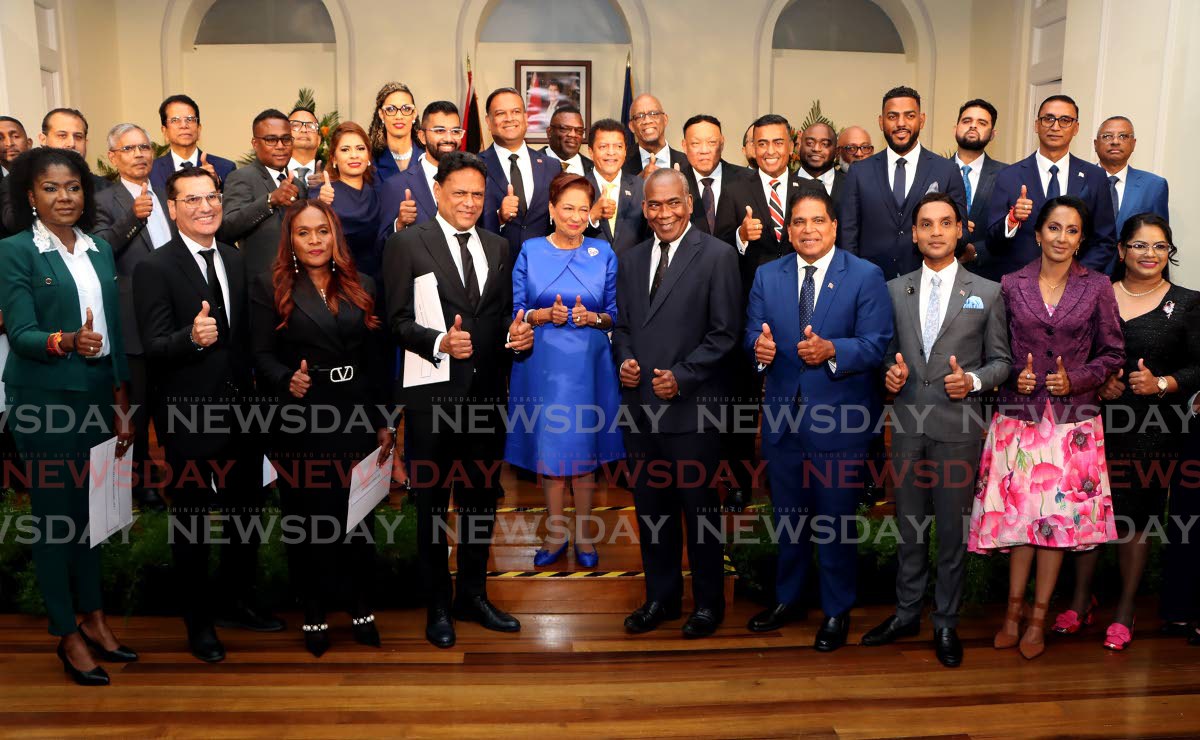As Trinidad and Tobago’s Finance Minister Davendranath Tancoo prepares to present the first budget of the United National Congress (UNC) administration on October 13, the government faces immense pressure to deliver on its ambitious “people-first” agenda. Elected in a landslide victory in April, the five-month-old administration has prioritized children, low-income households, national security, and economic diversification. However, the budget comes amid significant fiscal challenges, including a projected deficit exceeding $9 billion, as highlighted by Independent Senator Dr. Marlene Attzs. The deficit is attributed to the lingering effects of the 2014–2016 oil price shock and structural weaknesses in the economy. Both Attzs and former Finance Minister Conrad Enill emphasize the need for disciplined fiscal management, urging the government to focus on investments that drive long-term growth rather than short-term consumption. The UNC’s manifesto includes ambitious pledges such as a 10% wage increase for public servants, the creation of 50,000 jobs, and the revival of state energy assets. While some initiatives, like the reopening of the Couva Children’s Hospital and the restart of the student laptop program, are already underway, systemic challenges such as crime and economic diversification remain pressing concerns. Attzs and Enill caution against overpromising, advocating for a medium-term fiscal framework that balances immediate relief with sustainable development. They also stress the importance of transparency and institutional credibility to build public trust and investor confidence. As the government navigates these complexities, the budget will serve as a critical test of its ability to balance ambitious reforms with fiscal responsibility.
